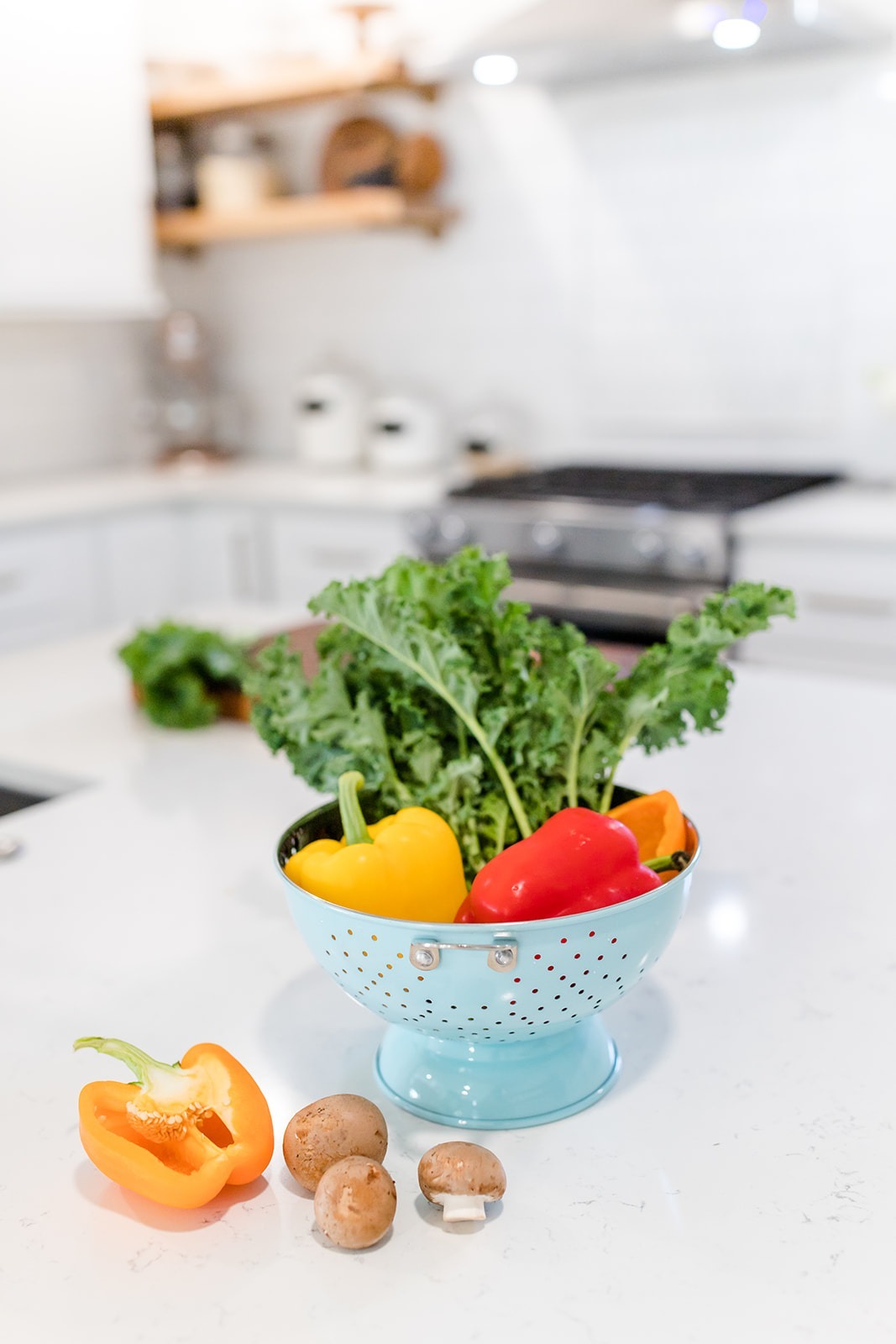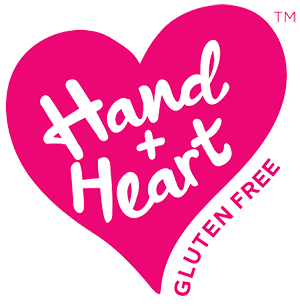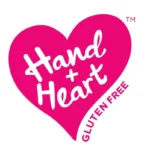The Gluten-Free Life: Debunking 4 Common Misconceptions
Hand + Heart Gluten Free
June 20, 2024

In recent years, gluten-free diets have become quite popular. While many find genuine health benefits in ditching gluten, misconceptions have grown alongside its popularity. In this blog post, we will talk about the top 4 misconceptions of going gluten-free
Going Gluten-Free: A Guaranteed Weight Loss Shortcut?
It’s a common narrative: someone goes gluten-free and drops a few pounds in the process. So, does cutting out gluten directly correlate with weight loss? It’s a bit more ‘complicated’ than that. Some people who choose a gluten-free lifestyle naturally lean towards whole foods and avoid processed ones, leading to a reduced calorie intake. Additionally, cutting out gluten may make them more conscious of their food choices, pushing them to adopt a balanced diet. However, it’s essential to remember that it’s not just removing gluten that makes the difference, but an overall emphasis on mindful eating and portion control.
Lasting Lifestyle or Fleeting Fad?
Gluten-free has become somewhat of a buzzword, and while some might be trying it as a trendy diet, for many, it’s a lifestyle change. Those with celiac disease, for instance, can experience severe health issues if they consume gluten. Others with non-celiac gluten sensitivity might face discomfort or digestive problems. For these individuals, a gluten-free diet isn’t a trend; it’s a way of life to stay healthy. It is no secret that this lifestyle has gained a lot of popularity over the last couple of years. It is safe to say that because it is linked to helping those with celiac disease and digestive issues caused by gluten sensitivity, this is not a fleeting fad!
Does Gluten-Free Mean Carb Free?
It’s easy to mix this one up. Gluten is a protein found in grains, which are carbohydrates. However, eliminating gluten doesn’t mean you’re cutting out all grains or carbs. Plenty of carb-rich foods, like rice, potatoes, or corn, are naturally gluten-free. Whole grains like quinoa and buckwheat offer nutritious, gluten-free options. So, while your sandwich might be gluten-free, it’s not carb-free! Gluten-free breads still contain carbs.
All Gluten-Free Foods are Healthy
Just because a snack box screams “GLUTEN-FREE!” in big, bold letters doesn’t mean it’s a healthy food. Some gluten-free products can be high in sugars, artificial additives, or unhealthy fats as manufacturers try to mimic the taste and feel of gluten-containing foods. As always, it’s crucial to peek at those ingredient lists and nutritional info. Go for natural, whole foods when possible, and treat packaged goods as occasional treats, whether they have gluten or not. However, while not all gluten-free foods are not healthy, there are great benefits of choosing to go gluten free. Read about the benefits of going gluten-free in one of my blog posts.
The Takeaway
Navigating the world of gluten-free can be a maze, but it’s essential to separate fact from fiction. If you’re considering this dietary shift, do it with the right knowledge. And remember, whether gluten-free by choice or necessity, the goal is overall health and well-being.
Make sure you are on our email list where you can receive delicious gluten-free recipes and gluten-free tips and tricks right to your inbox!


